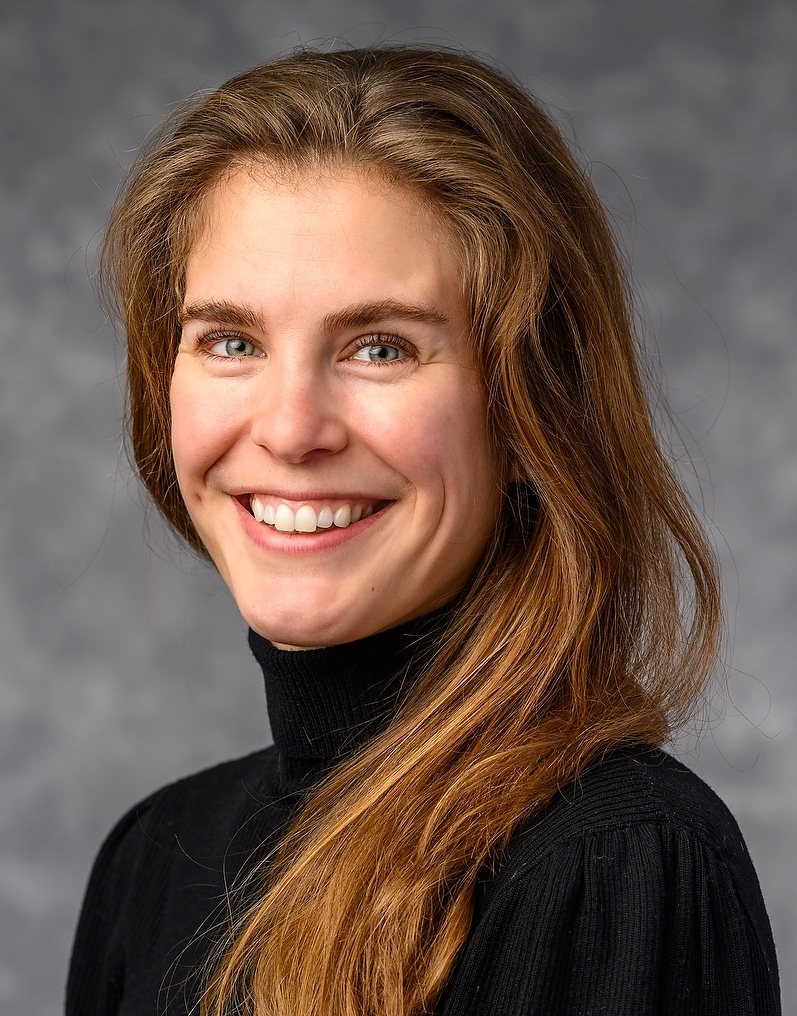
- This event has passed.
ESE Fall Seminar – “Power to the People (and to the Datacenters)! Achieving the dream of a clean and reliable electricity supply”
September 25, 2024 at 11:00 AM - 12:00 PM
Most of us think of electricity as a clean and reliable source of energy, which flows out of the plug whenever we need it. The reality is far more complex. The reliability of our electricity supply is increasingly threatened by extreme weather, causing more frequent power outages. The cleanliness of our electricity supply varies greatly between different locations and hours of the day, depending on the availability of solar and wind power.
Our research combines insights from power engineering with tools from linear programming, stochastic optimization and risk analysis to develop methods that address pressing questions related to our electricity supply. In this talk, I will present results from two main topics. First, I will discuss how consumers can reduce their carbon footprint by using electricity where and when low carbon power is available. We will focus on hyperscale data centers as an example, though the insights apply to anyone consuming electricity (including you and me!). Second, as an example of extreme weather impacts, I will discuss the intersection between power grids and wildfires. Specifically, we will look at how utilities can optimize their operations to minimize both the risk of wildfire ignitions and the extent of power outages.

Line Roald
Associate Professor of Electrical and Computer Engineering, University of Wisconsin-Madison
Line Roald is an Associate Professor in the Department of Electrical and Computer Engineering at University of Wisconsin—Madison. She received her Ph.D. degree in Electrical Engineering (2016) from ETH Zurich, Switzerland, and was a postdoctoral research fellow at Los Alamos National Laboratory. She is the recipient of an NSF CAREER award, the Vilas Early Career Investigator Award and several best paper awards. Her research interests center around modeling and optimization of energy systems, with a particular focus on managing uncertainty and risk from extreme weather and renewable energy variability.
